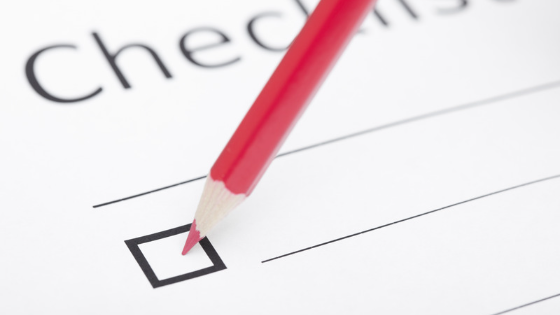
What is the sharing economy?
Thousands of people purchase items, book rooms and secure services over the internet.
These transactions occur via a third party or a facilitator who operates a website or app to connect buyers and sellers.
This is known as the sharing economy. For example if you;
- advertise a room or a house for rent via Airbnb or Stayz
- are an Uber driver,
- are an UberEats delivery driver
- provide personal, professional or creative services for a fee via an online platform like Airtasker
- rent out a parking space via Spacer or Parkhound
The list of sharing economy examples goes on and on and there are new sources appearing regularly.
What you need to know about the sharing economy
What you may not realise is that if you are earning income from any of these sources you need to pay tax.
There are implications when earning income via online sources. It’s not as simple as ‘just earning some extra cash.’
You must keep accurate records on all income and expenses. These records are needed for declaring income earned, determining tax to be paid and to be able to claim appropriate deductions.
Based on earnings via the sharing economy you may need to apply for an ABN or register for GST.
Registering for GST requires lodging regular activity statements. You will need to include GST in your price and provide tax invoices for any sales.
There are different tax obligations based on the specific service or goods you provide.
For example, all Uber drivers are required to have an ABN and be registered for GST.
There are intricacies to be aware of in relation to costs when operating within the sharing economy. For example, you can only claim deductions for costs involved in doing your job, not private expenses like travel to and from work.
A valid deduction includes fees or commission charged by the facilitator.
Understanding the requirements and obligations of working within the sharing economy is where CVW Accounting can help?
Our team of friendly accountants are happy to walk you through what you need to know and actions you may need to take so you don’t end up with a tax bill from working in the online sharing economy.
Drop in for a chat or contact our office.
‘The sharing economy’ blog was first published in March 2018 and has been regularly checked and updated – most recently in September 2023.

